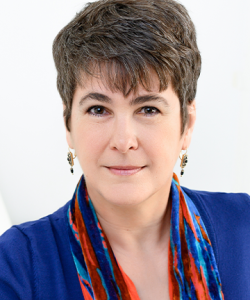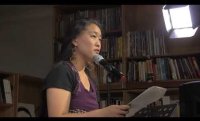Calm and Collected
Can a poem calm the nerves? Whether it’s reading, listening to music, meditating, taking a walk, or observing the natural environment, consider the activities and sensory experiences that bring you some peace of mind. Compose a poem with diction, rhythm, imagery, and sentiments that evoke a state of tranquility. You might prepare by initially jotting down a list of words, phrases, and tidbits of sensory details, including specific sounds and types of words that align with your serene tone. Be open and allow yourself to be honest—and even playful—about what calms you down.










